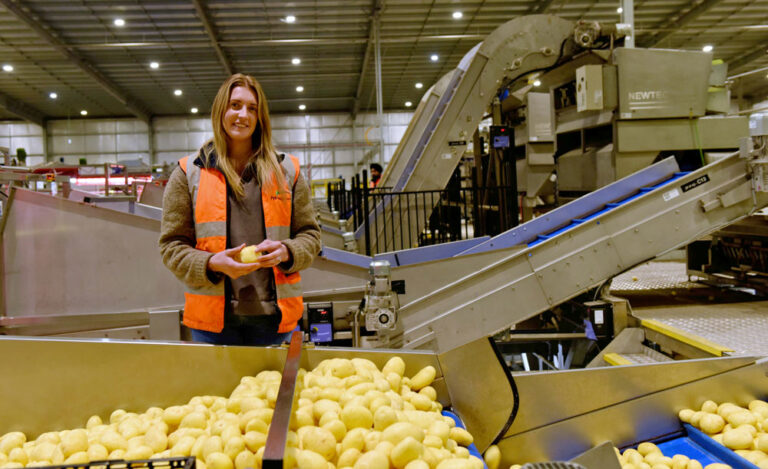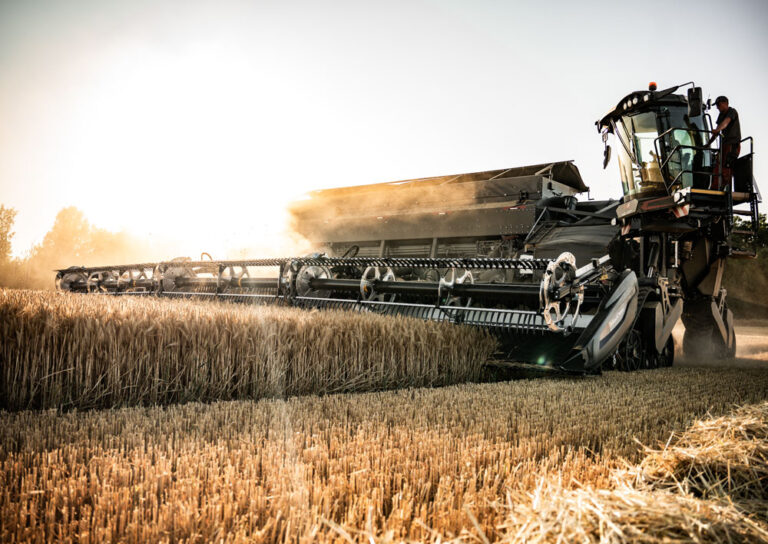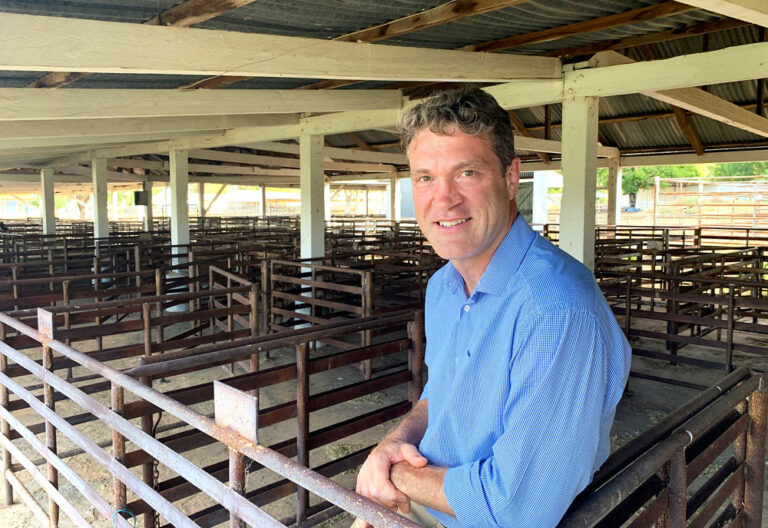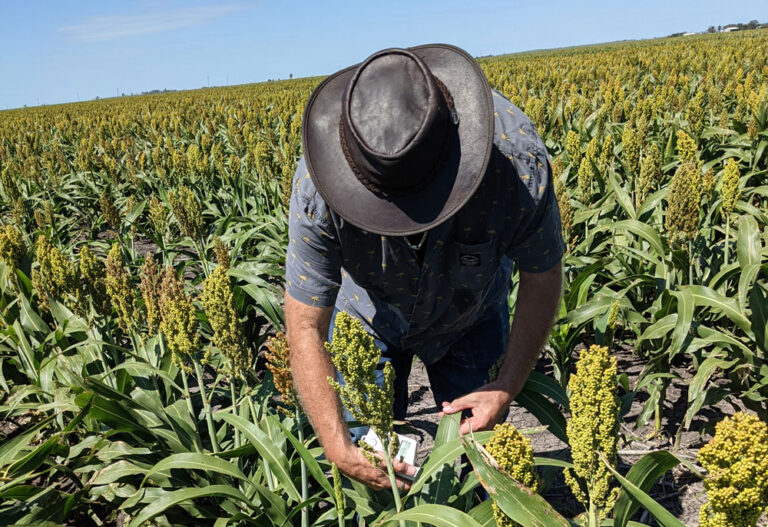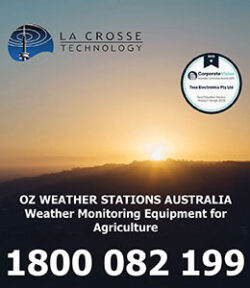With supermarkets expanding imported food product lines The National are urging shoppers to seek out Aussie grown produce
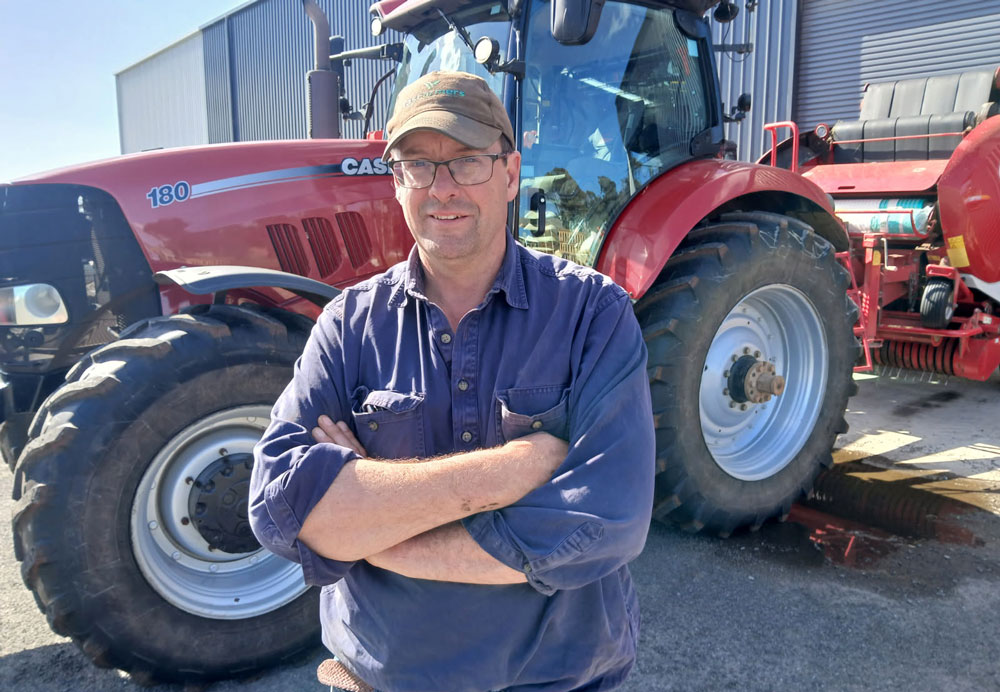
Leader of The Nationals David Littleproud, has observed how imported processed food products are on the rise and is now urging shoppers to buy Australian-grown as the first choice.
Especially in the current 2025-26 season, where a record farmgate haul of $94.7 billion is expected, farmers need local support more than ever to continue their growth of the farm economy.
David Littleproud said consumers need to help Aussie farmers before it is too late, with farmers and food processors facing growing pressure to compete with importers, while the cost of production at home also soars.
“Labor’s Supermarket Code is supposed to deliver fairness for farmers,” David Littleproud mused.
“I am deeply concerned supermarket behaviour will make our local growers redundant. Farmers and processors are facing enormous pressures, including more regulatory burden, higher input costs, higher energy costs and a lack of labour available.
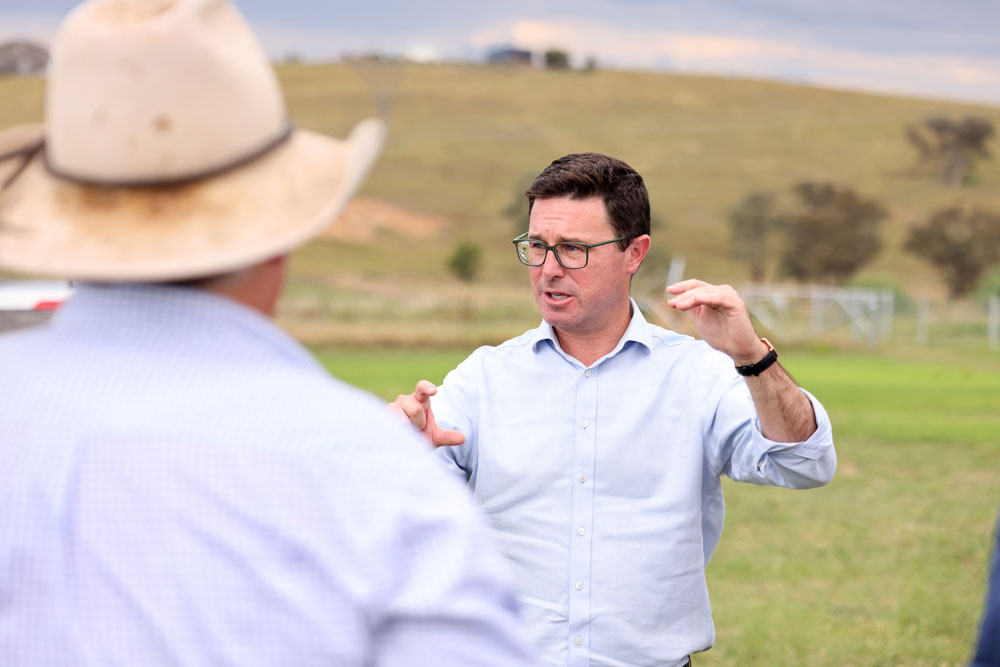
“The Albanese Labor Government hasn’t delivered any grower capacity building and training for the Food and Grocery Code, despite announcing it on 21 March 2025, and it seems no grocery supply chains and trading arrangements recommendations from the February Australian Competition and Consumer Commission (ACCC) Price Inquiry have been implemented.
“Farmers are desperate and running out of time – that’s why I am now calling on Australians to save farmers by choosing local, not imported food products, where possible. Farmers are calling for a revitalised campaign, targeting food manufacturing and the implications to food security.”
It comes amid an uprising of Tasmanian farmers, led by TasFarmers, and their concerns about food security and even sovereign risk.
TasFarmers potato growers committee member Matthew Ryan warns farmers are experiencing a repeat of supermarket behaviour 20 years ago, which led to a ‘Fair Dinkum Food’ campaign.
Matthew Ryan said Australians once again need to consider buying ‘fair dinkum food’ before farmers simply quit.
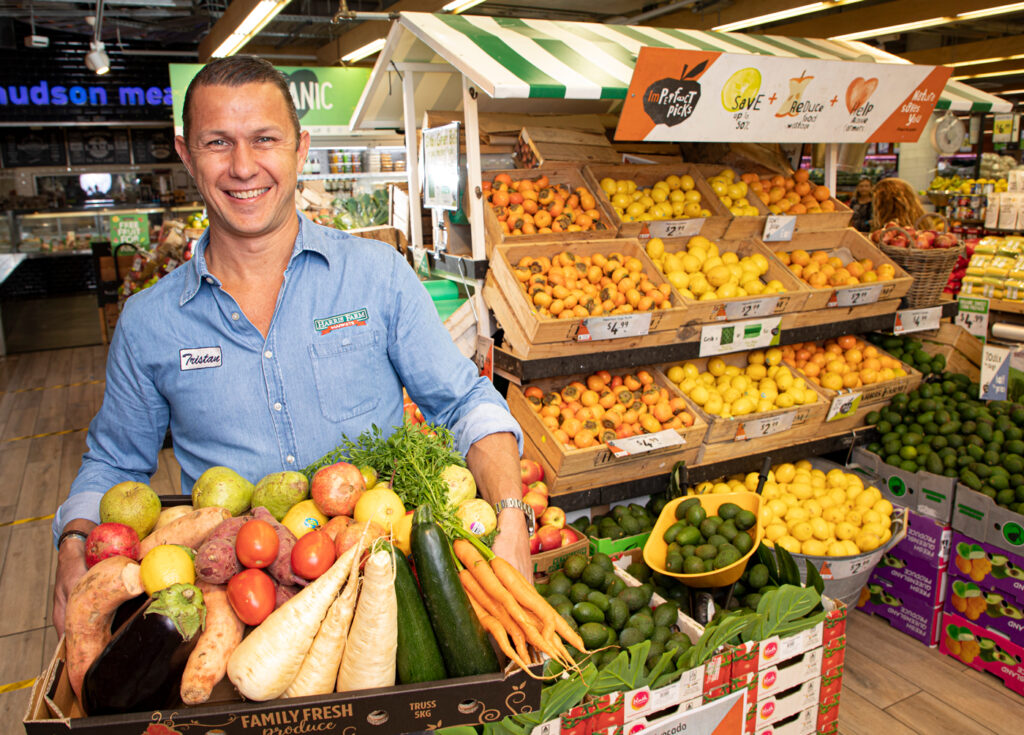
The vegetable grower said he has recently stopped growing peas, beans, brassica and carrots, sticking to just potatoes and then switching over to dairy because the profit margins for vegetable growers are now simply too low.
See the AFDJ feature story about the vegetable grower plight on this link.
“Our supermarkets are back to sourcing processed food products from wherever they can get them cheapest, wherever they can get it and are now especially bypassing Australian grown products in the freezers,” Matthew Ryan said regretfully.
“The consolidation and pressure applied at the farmgate, with the foot on the neck from the retail end, is now so horrendous that it ruins communities and affects places like the northwest of Tasmania.
“From a food and sovereign risk point of view, once you switch Aussie farming off, you can’t switch it back on,” Matthew Ryan concluded.
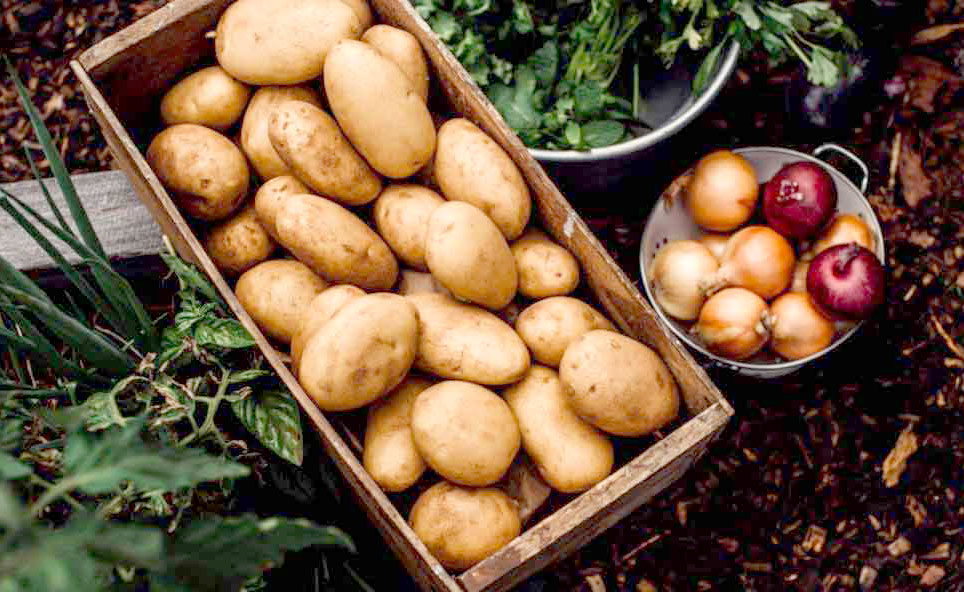
TasFarmers CEO Nathan Calman confirmed grower sentiment is low.
“Recent negotiations with food processors are placing significant economic pressure on the viability of farming across the country,” Nathan Calman explained.
“Supermarket chains are also adding to the strain by using imported products as leverage to drive down prices for local producers and manufacturers. This sense of uncertainty is supported by a recent AusVeg survey showing that 40% of producers are considering leaving the industry. It’s a clear sign that the issue is real and pressing.
“TasFarmers believes that the nation’s agricultural strategy currently in development must take a strong and proactive stance on food security, both now and into the future.
“It must ensure that farmers are respected, supported, and paid a fair price, rather than continuing to act as the sponge that absorbs rising costs for the profit of supermarkets and processors.
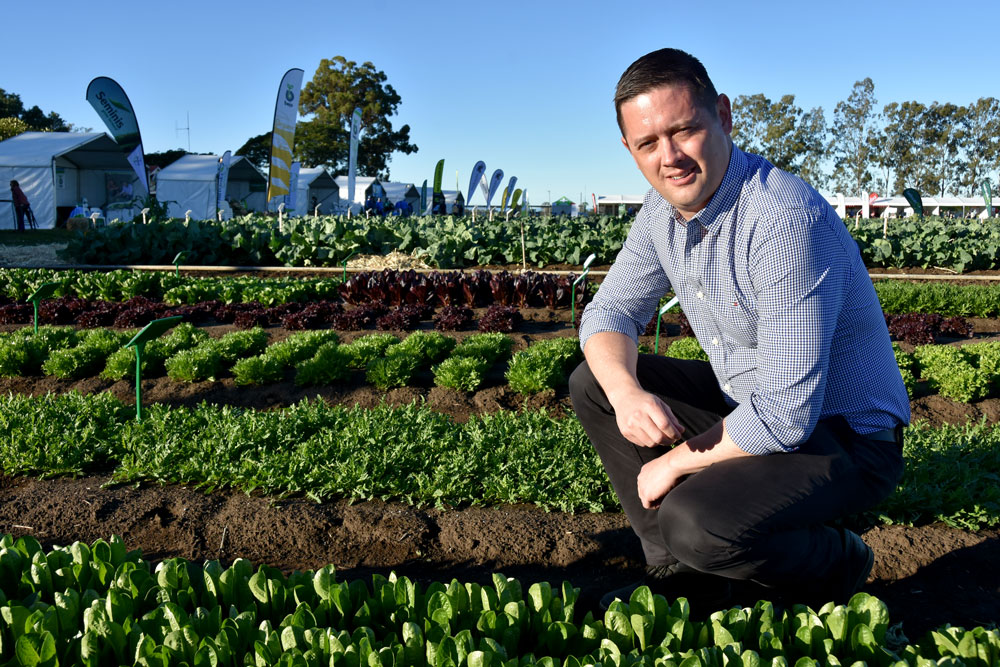
An AUSVEG report into vegetable growers has caused alarm that 40% may leave the industry a great concern to vegetable industry CEO Michael Coote shown here – Image: AUSVEG
“Consumers in cities are increasingly disconnected from where their food comes from and the true cost of producing it. We need to do more to help people understand how fortunate they are to have access to fresh, locally produced food — and that paying just a few cents more at the checkout to keep those farms viable is in everyone’s long-term interest,” Nathan Calman concluded.
Background to TasFarmer
The Fair Dinkum Food campaign was an Australian movement in 2005 by Tasmanian vegetable growers to advocate for clearer country of origin food labelling and an end to cheap food imports, triggered by major contract losses to overseas suppliers. The campaign featured a roadshow of tractors travelling across Australia to raise public awareness. This resulted in a commitment from the federal government to implement mandatory country-of-origin labelling for packaged foods.
Matthew Ryan is urging for a similar campaign (awareness), as well as federal support from the point of view of holding the supply chain to account.


